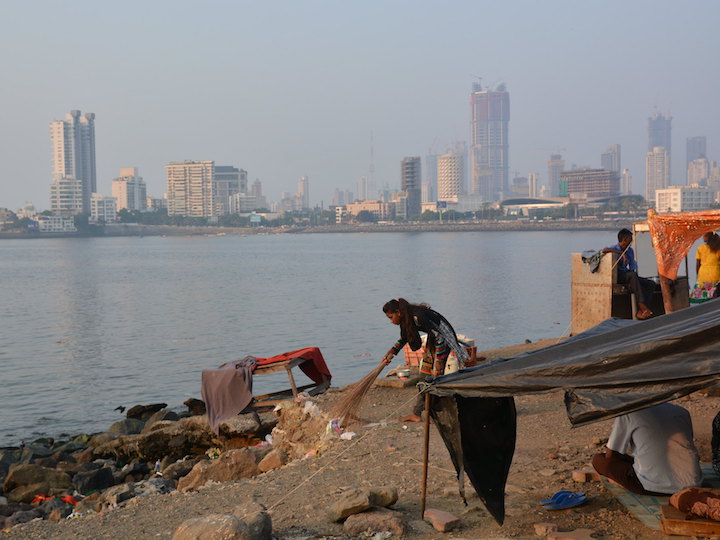
Vox: India’s poor don’t want money — they want health care
April 12, 2019
A new survey asked how cash transfers stack up against services. People wanted their government to provide the latter.
A recent survey on cash transfer systems, conducted by Georgetown professors Irfan Nooruddin and James Habyarimana with World Bank senior economist Stuti Khemani, revealed that residents of Bihar, India, prefer public health services and infrastructure improvements to direct cash transfers.

Khemani, Habyarimana, and Nooruddin asked 3,800 people in rural Bihar, one of the poorest states in India, if they would rather receive cash from the government or public goods like health services and infrastructure. Only 13 percent of participants preferred cash transfers to public health and nutrition services, and 35 percent preferred cash transfers to investment in roads.
Participants were also asked if they would prefer expenditure on public health services over job creation programs and roads. The survey found that 73 percent of people preferred public health services to jobs, and 79 percent preferred public health services to roads.
"Designing policies that help poor people requires listening to them," said Nooruddin. "Our research confirms the need for India's states to invest in core public services that the citizens rely on."
Although the findings are complicated by situational factors in India, including the largest workfare program in the world, the results indicate where priorities fall among India’s poor. These results come in the wake of rising interest in basic universal income in democracies around the world, including India and the United States.
Irfan Nooruddin is the Hamad bin Khalifa Al Thani Professor of Indian Politics and director of the India Initiative. James Habyarimana is the Provost's Distinguished Associate Professor in the McCourt School of Public Policy. The survey was funded by a grant from the Bill and Melinda Gates Foundation.

April 12, 2019
A new survey asked how cash transfers stack up against services. People wanted their government to provide the latter.

April 10, 2019
Senior fellow David Evans discussed recent research by Georgetown professors James Habyarimana and Irfan Nooruddin and World Bank senior economist Stuti Khemani.

April 8, 2019
Georgetown professors James Habyarimana and Irfan Nooruddin and World Bank senior economist Stuti Khemani discussed their recent research on cash transfer preferences in Bihar, India.